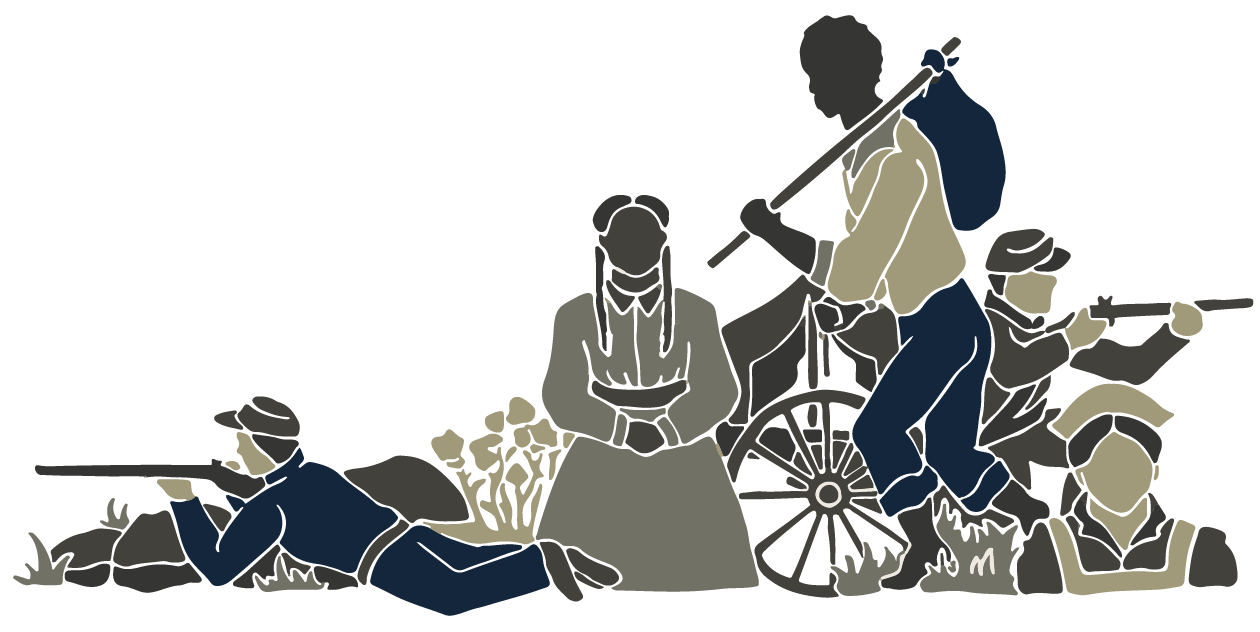6.6/10
98%
The Birth of a Nation was written, directed, and produced by D.W. Griffith. It is based on Thomas Dixon Jr.’s novel, The Clansman. The film is a silent epic that chronicles the experience of two families, one Union and the other Confederate, as they experienced the Civil War and Reconstruction. It also follows the love between the sons of the Northern Stoneman family and the daughters of the Southern Cameron family. In the second half of the film, the Radical Republicans are portrayed as the villainous enemies of the heroic Ku Klux Klan.
The Birth of a Nation helped cement the Lost Cause ideology in both Hollywood and American memory. This movie was ground-breaking for a number of reasons, including being the first to use an intermission, an orchestral score, close-ups, fade-outs, and extras. The film was also unique in its complexity, presenting a more intricate storyline than any film created up to that point.
The movie was well-loved by contemporary white audiences and President Woodrow Wilson even had a screening at the White House. However, African Americans were immediately vocal in condemning the film’s racist content, with the NAACP holding protests and requesting it be banned. Despite its controversial nature, the Library of Congress deemed the film significant enough to be preserved in the National Film Registry in 1992.
FURTHER READING
Books
Melvyn Stokes, D.W. Griffith’s The Birth of a Nation: A History of ‘the Most Controversial Motion Picture of All Time’” (Oxford: Oxford University Press, 2008)
David Mayer, Stagestruck Filmmaker: D.W. Griffith and the American Theatre (Iowa City: University of Iowa Press, 2009)
Articles
Stephen Weinberger, “The Birth of A Nation and the Making of the NAACP,” Journal of American Studies 45, no. 1 (February 2011).
Godfrey Cheshire, “Why No One is Celebrating the 100th Anniversary of the Feature Film,” Southern Cultures 21, no. 1 (Winter 2015).
Arthur Lennig, “Myth and Fact: The Reception of ‘The Birth of a Nation,’” Film History 16, no. 2 (2004).
Film Reviews
Roger Ebert, “‘The Birth of Nation’ Film Review,” Roger Ebert, March 30, 2003.
NPR Staff, “100 Years Later, What’s the Legacy of ‘Birth of a Nation?’” National Public Radio, February 8, 2015.
Richard Brody, “The Worst Thing About ‘Birth of a Nation’ is How Good it is,” The New Yorker.
Lou Lumenick, “Why ‘Birth of a Nation’ is Still the Most Racist Movie Ever,” New York Post, February 7, 2015.
Jeffrey Fleishman, “A New ‘Birth of a Nation’ Dredges Up the Complicated Legacy,” Los Angeles Times, September 30, 2016.
Return to the History of Film and the Civil War Project main page.
